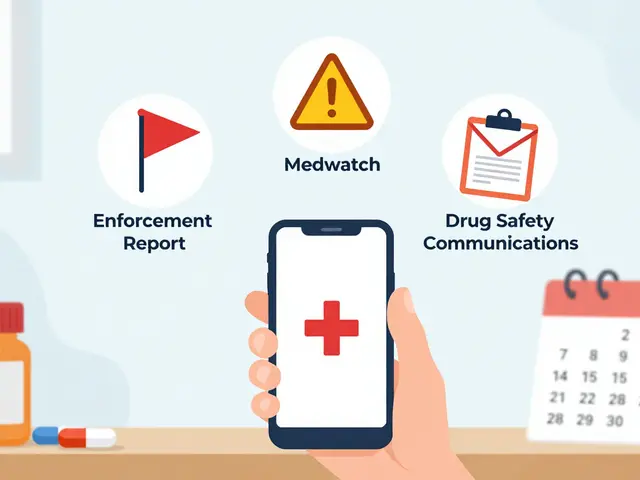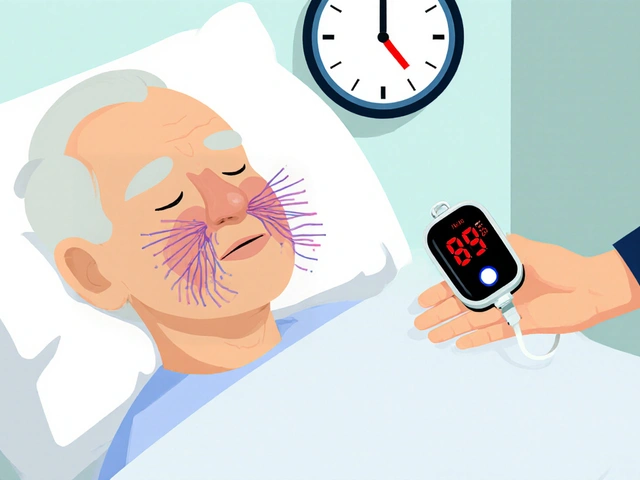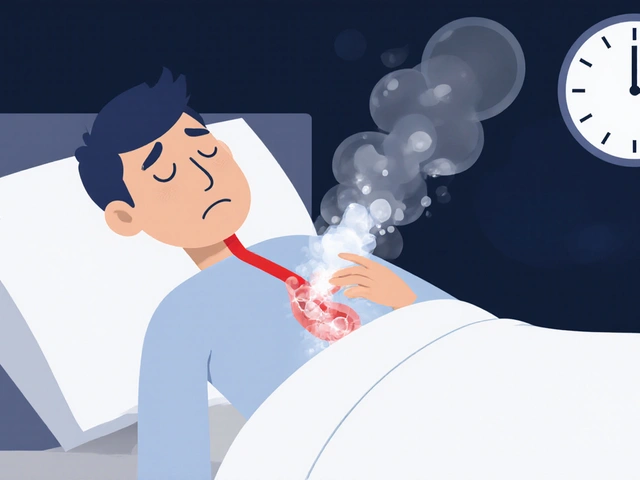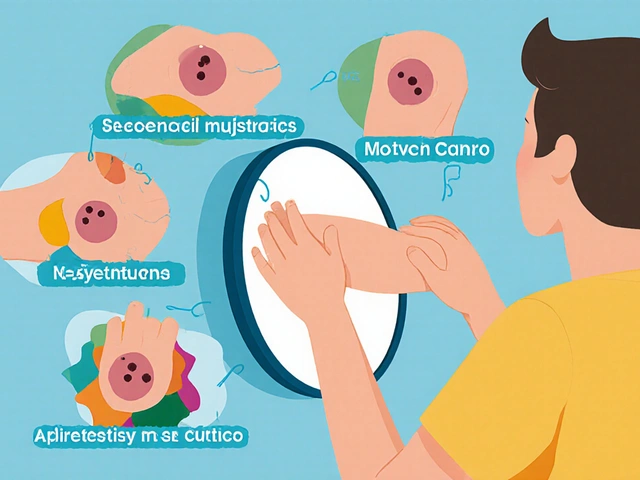Side Effects: What They Are and How to Deal With Them
Ever taken a pill and wondered why you felt weird afterward? That’s a side effect – the body’s reaction that isn’t the main goal of the drug. It can be a mild headache or something that needs a doctor’s call. Knowing what to expect saves you stress and helps you stay safe.
Read the label, don’t guess
The first step is to actually read the medication label or the info sheet that comes with it. Look for a section titled “Adverse Reactions” or “Side Effects.” That list tells you what the drug commonly does besides treating your condition. If you see something you’ve never heard of, write it down. It’s easier to spot a problem later when you know what to watch for.
Most labels also rank side effects by frequency: “common” (1 in 10), “uncommon” (1 in 100), “rare” (1 in 1,000), and “very rare” (1 in 10,000). Don’t panic if you see a rare one – it’s unlikely to happen, but it’s good to be aware.
Common types of side effects
Side effects fall into a few buckets. Gastro‑intestinal issues like nausea, diarrhea, or stomach pain show up a lot with antibiotics and pain relievers. Nervous‑system reactions include dizziness, headaches, or trouble sleeping, and they’re common with antidepressants or antihistamines.
Skin reactions – rash, itching, or hives – can signal an allergy. If a rash spreads fast or you feel short of breath, that’s an emergency. Hormonal drugs often cause mood swings, weight changes, or menstrual irregularities. Knowing the typical pattern for the drug you’re on helps you decide if the symptom is normal or needs a check‑up.
For many of the posts on our site – like the Montelukast lung‑protection article or the Rifaximin weight‑loss piece – we point out the key side effects you should keep an eye on. Each drug has its own profile, so the details matter.
When a side effect shows up, the first thing to do is not to stop the medicine on your own. Call your pharmacist or doctor. They might lower the dose, switch you to a similar drug, or give you an extra medication to counteract the problem.
If the reaction is mild – say a brief headache after starting a new blood pressure pill – you can usually wait a few days. Many side effects fade as your body adjusts. Keep a simple log: date, drug name, symptom, and severity. That record makes it easier for your healthcare professional to see the pattern.
Severe side effects require immediate action. Chest pain, sudden vision loss, severe abdominal pain, or any sign of a serious allergic reaction (swelling of the face, trouble breathing) means you need emergency care right away.
Finally, remember that lifestyle can influence side effects. Taking a medication with food can reduce stomach upset, while alcohol might amplify dizziness. Reading the label for these tips saves you from avoidable trouble.
Bottom line: side effects are normal, but you don’t have to suffer in silence. Look at the label, track what happens, and talk to a professional before making any changes. This approach lets you stay on top of your health while still getting the benefits of the medicines you need.

Discover what Serpina is, its key health benefits, proper dosage, and safety tips. A clear guide for anyone curious about this supplement.





